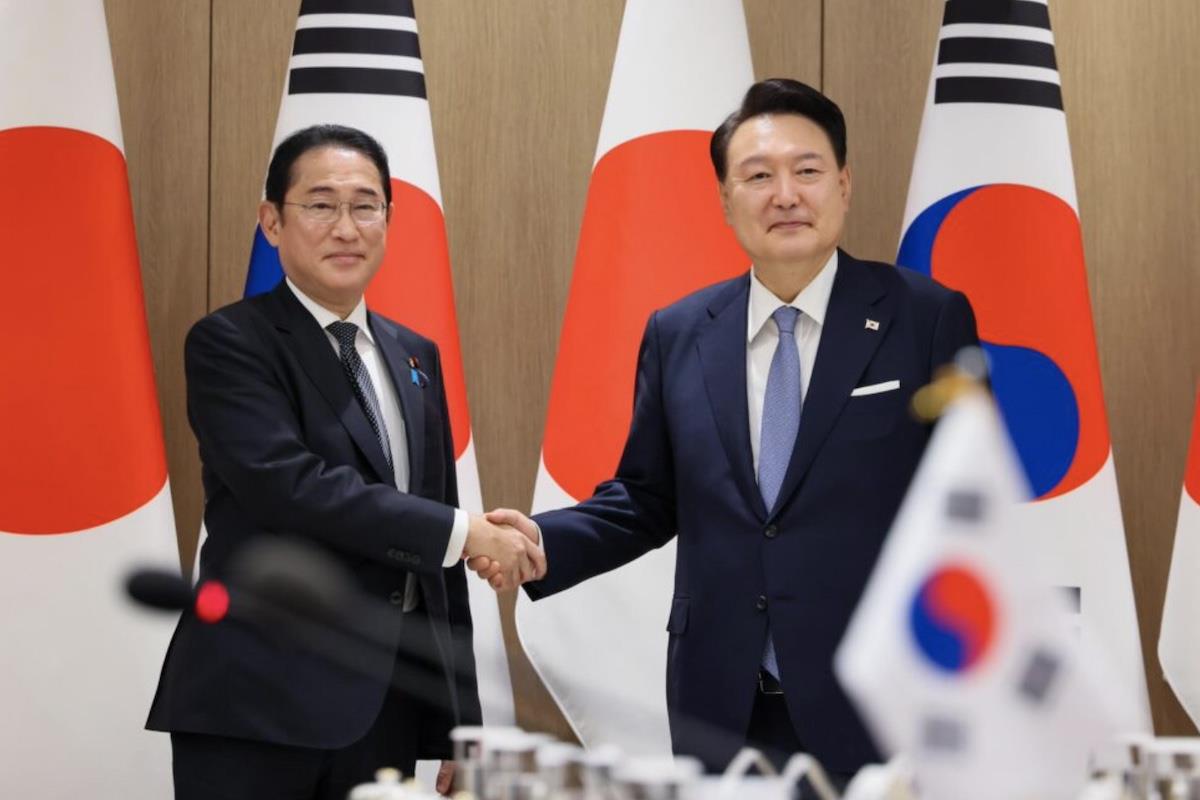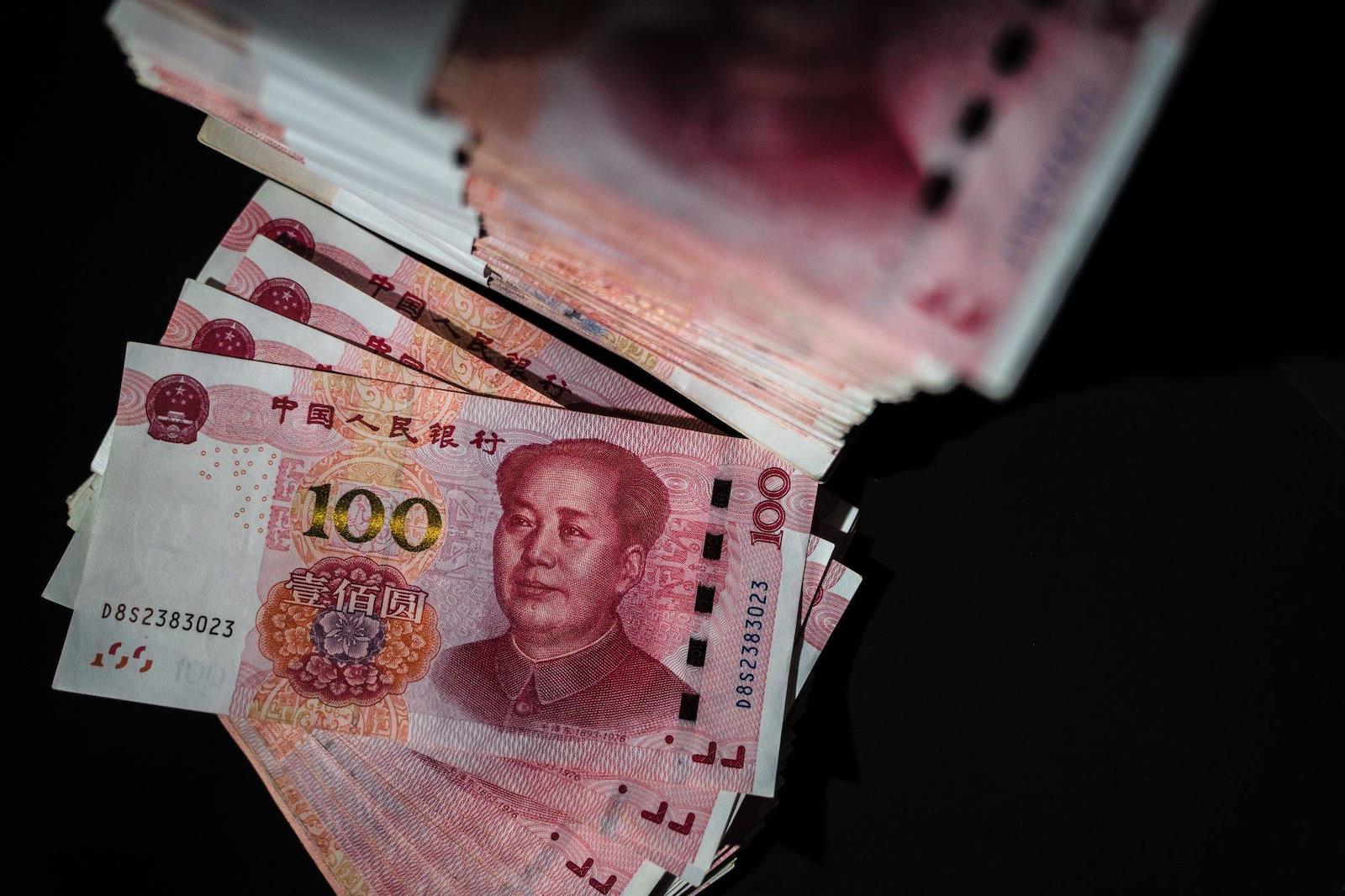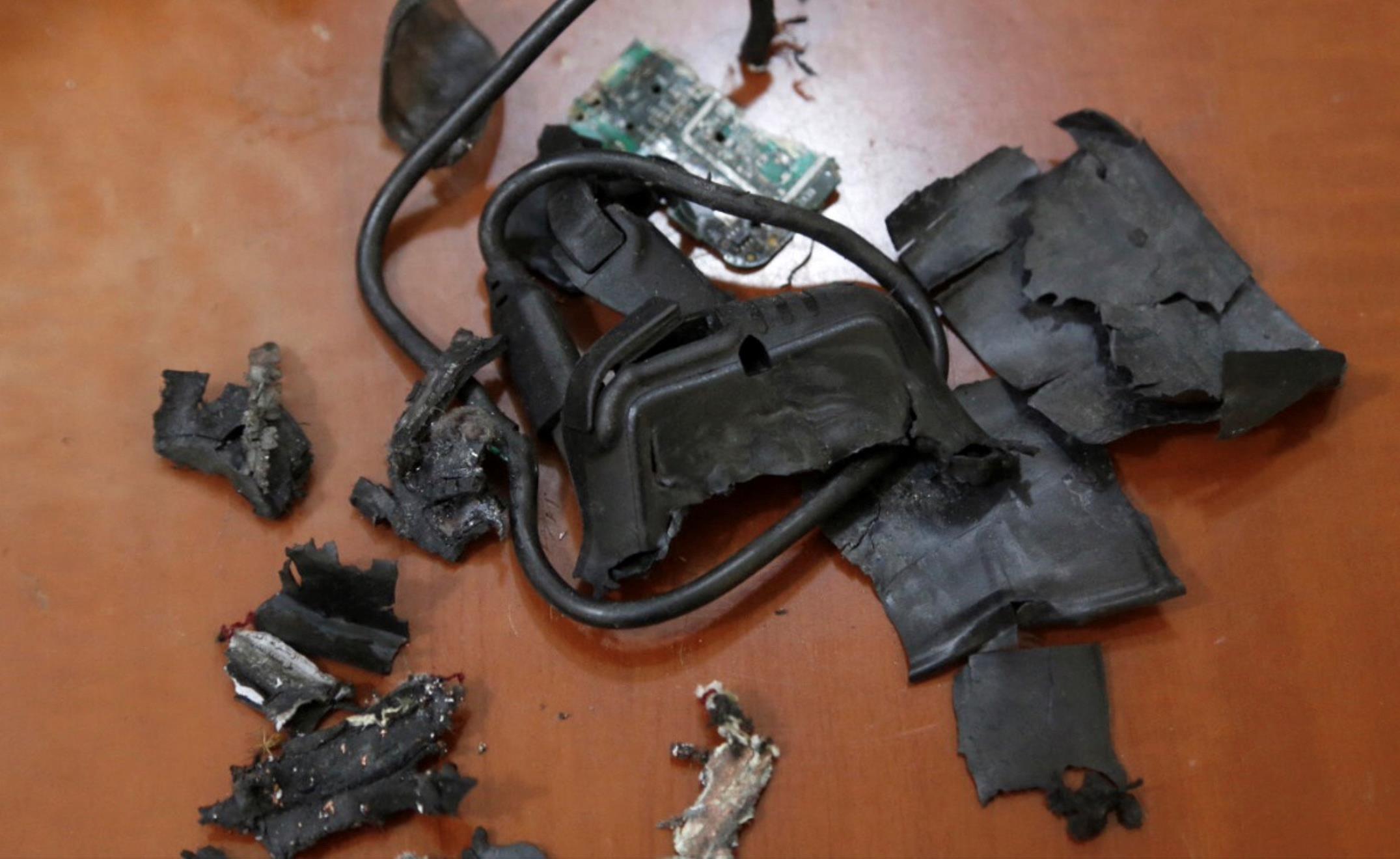
Japan Leadership Scramble A Risk For Korea Relations
In South Korea, the opposition Democratic Party issued a somewhat ritual denunciation of the Yoon Suk-yeol government for“undermining national interest with a subservient diplomacy toward Japan.”
Why, then, did this visit take place? Most analysts pointed to Kishida's desire to cement his legacy following his decision not to run for re-election as president of the ruling conservative Liberal Democratic Party (LDP). Kishida's decision to step aside created an unprecedentedly crowded race to select a new party leader who would become prime minister.
Nine candidates
are competing for the vote on September 27, which includes a first round of votes among registered party members, followed by a runoff between the top two finishers-only LDP members in the legislative National Diet participate, along with one vote from each of the 47 prefectural chapters.
Looking closely at the intense contest, there is another explanation for the Seoul summit. Kishida may be genuinely concerned about the durability of the progress he made in Korea-Japan relations.
The absence of South KoreaThe LDP race has been naturally focused on domestic issues, from the problem of political corruption and reform to broad macroeconomic policy. Foreign and security policies have been, at most, secondary issues in the policy platforms of the candidates and in the primary debates.
But even acknowledging the domestic focus, it is notable that there is no mention of South Korea or the importance of Kishida's efforts to improve bilateral relations in any candidate's platform.
Ironically, perhaps, only North Korea comes up in candidates' statements, with obligatory pledges to try to resolve the issue of Japanese abductees by the North Korean regime.
Shinjiro Koizumi, one of the candidates in the election and the son of the former prime minister who visited North Korea in the early 2000s,
declared
his readiness to hold a summit with Kim Jong Un without any preconditions.
The lack of focus on South Korea may not necessarily portend a downturn in relations after the change in leadership. Former US national security official Michael Green argued earlier this spring, in a
JoongAng Ilbo
column
anticipating Kishida's departure, that the momentum in improved relations would likely persist despite political change, not only in Japan but even in Korea.

Legal Disclaimer:
MENAFN provides the information “as is” without warranty of any kind. We do not accept any responsibility or liability for the accuracy, content, images, videos, licenses, completeness, legality, or reliability of the information contained in this article. If you have any complaints or copyright issues related to this article, kindly contact the provider above.


























Comments
No comment